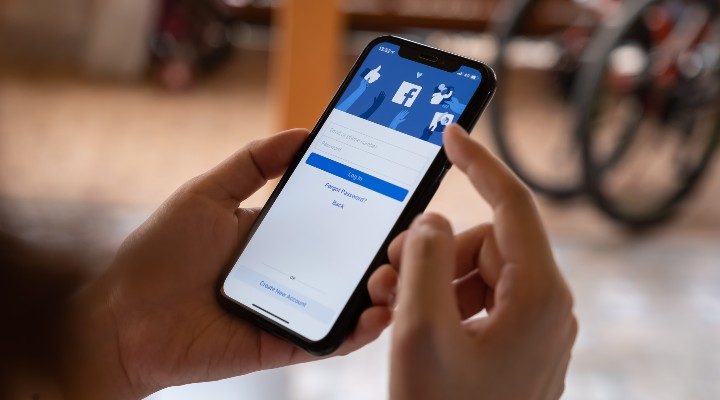Apple’s April update asking consumers to choose to opt in or out of tracking within apps on their devices was expected to have a notable impact on Facebook campaigns. Opt-in numbers were just four per cent in the US and 12 per cent of iOS14.5 users globally in the first two weeks from rollout, and those figures now sit at 10 and 17 per cent. We work with a number of retail clients and have been monitoring the effect on our Facebook advertising campaigns closely. By aggregating our
g our clients’ data across 100 accounts, we have been able to discover the impact to over $2 million worth of media spend in the first two months of the update. To offer some context, that’s roughly 199 million impressions during the first eight weeks since the release went live on April 26th.
Now I would caveat this by saying that we don’t know how many people have downloaded the update in Australia, or how many will, but from what we’ve seen so far, CPMs have actually increased by over 50 per cent across all clients, which is probably not what most people would have expected. A lot of people thought advertisers would pull out of Facebook, but we have seen competition increase and a number of clients have put more spend towards campaigns with continuing success.
Return on ad spend uplift
Across all accounts from the day that iOS 14.5 was launched, until the end of June, return on ad spend (ROAS) has increased by 8.5 per cent, even with budgets growing by up to 50 per cent for some clients. Competition for online sales at the end of the financial year may be playing a part in this overall increase, but I don’t think any of us were expecting ROAS to improve. It’s further evidence that marketers are willing to back a channel that shows success mid-campaign.
I think there’s more of this narrative to be revealed and this data is drawn solely from Alpha Digital’s roster. According to stats from Google, lockdowns are cutting off retail and recreational visits, by as much as 47 per cent in regions like New South Wales, sparking surges of online shopping again, and this may be skewing the numbers for now. While the general market has improved, Facebook tracking will have been impacted by the low opt-in rates and we’re only just at the start of this. However, there are promising signs that marketers can still have a measurable impact using social giants like Facebook.
Facebook also rolled out new restrictions to its reporting in response to the iOS14.5 roll out, but these restrictions have since been relaxed. For example, previously there were only eight events that advertisers could optimise for with a 72-hour reset period. Every advertiser had to prioritise their events carefully, because after a user opted out, Facebook would only receive information on one conversion event that user completes. However, advertisers can now optimise for more than eight events and the reset period has been relaxed, which gives them more agility when it comes to campaign optimisation.
Who did well?
The marketers that have prepared are seeing the best performance. Leveraging as much first party data as possible will put brands in the best position. Teams have become smarter too. Advertisers are not just relying on AI to find customers. They are thinking more strategically about the customer journey, gaining a better understanding of key segments and personas, and using contextual targeting practices to be in the right place at the right time with the right message. Advertisers that are using a combination of first party data and Facebook’s in-built demographic insights to target customers based on life events and buyer persona’s are continuing to see strong performance.
Beyond the analytics
We are still in the very early stages of a new way of working around the privacy updates. And unless you have a great Customer Data Platform (CDP) set up, you are just bringing in information and revenue without ever getting the insights.
Marketers have known the importance of an infrastructure around data for years, building it into the very fabric of how they conduct business. More so than ever, platforms that connect disparate areas of the business are worth their weight and more to have an overview of how each decision is impacting the bottom line.
There will be more to come on this, and it’s not going to all be as positive, but eMarketer’s initial estimate of 2 to 7 per cent impairment to Facebook’s ad revenues this year, may still prove plausible.

